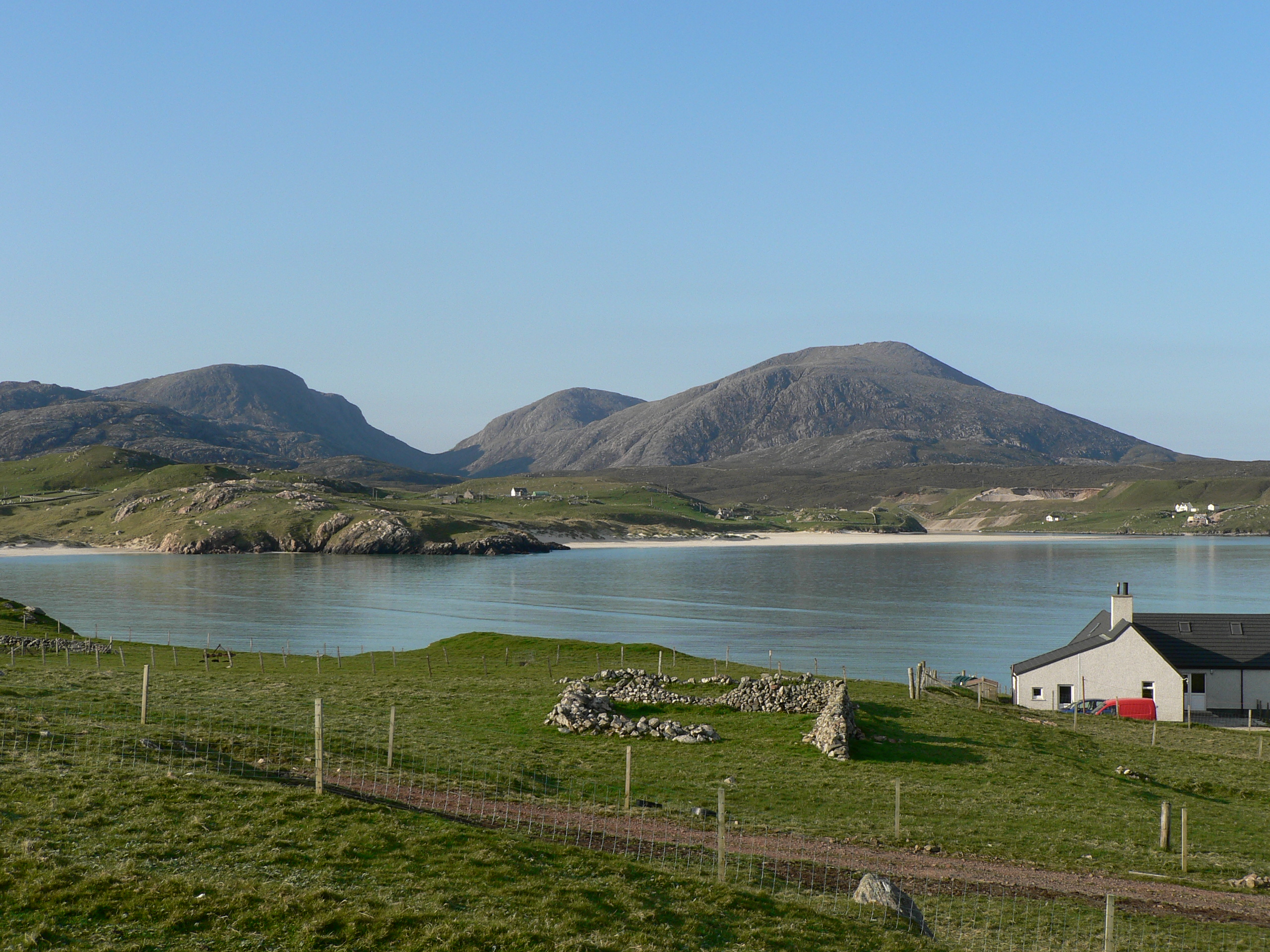Dr Ross on Diet and Women’s Work, 1912
Extracts from the Evidence presented to the Dewar Commission in 1912, regarding medical service in the Highlands and Islands. Among the people interviewed was Dr Victor Alexander Ross, doctor at Garynahine who served Uig from 1900. The commission was chaired by Sir John Dewar MP (he of Dewar’s whisky) and included Charles Orrock, Chamberlain of the Lews. This interview took place on Saturday 12 October 1912 at the Garynahine Hotel; the questions are put to Dr Ross by the Chairman unless otherwise noted.
[A doctor] would be able to attend to a population of over 4000 people? — Yes, serious cases I mean. I don’t mean to say that he would be able to attend to the small cases, the results of tea-drinking and that sort of thing.
You want more nurses? — Yes.
How many do you think you require? — The nurses just now are rather overworked; especially the West Uig one [Annie Maclean, Nurse Ruadh]. I think there should be one extra in West Uig and probably one in the East Ward. In the Middle Ward of the parish – this is the island of Bernera – she has a pretty easy time of it. There is a population of 700 there.
Are there many cases that you can attribute to over-tea-drinking? — Yes, many cases, especially on the female side.
Do they not take much porridge? — No, unfortunately it has gone out.
They give the tea to the children too? — Yes. It is not tea; it is a sort of bark. It is that sort of tea that constricts your tounge when you take it.
…
You have spoken about the feeding, that the children get porridge hardly at all? — No. They have got an unfortunate system at home; that is sending them away to the school with one of these hard cabin biscuits and a cup of tea.
That is their breakfast? — Yes.
Why is that? Is it ignorance or laziness on the part of the parents? — I am afraid it is both. It is easier to make a cup of tea and give them a biscuit than to make porridge.*
Has the nurse any effect in changing that? — They are continually preaching it.
With any good result? — I am afraid it is very little. Of course the woman here is really the hard-worked member of the household.
What does the man do? — The man works a certain amount of time in the year. Teh woman has the household duties to do, peat-carrying and all that sort of thing.
Could not the man carry the peat? — They do in some cases.
…
(Mr Lindsay) I have heard it said that these shielings are a good influence in maintaining the healt of the people? — It is an extraordinary improvement one sees in these shielings.
What are these shielings? — They are just shelters on the moor. They go in the month of June and stay out for two or three months. They are confined and restricted there to a purely milk diet.
…
Do they consume much condensed milk here? — No.
They must use the milk of their own cow? — It is very little. The cows are not good milk producers. The underfed Highland cow gives very little milk, but the little they do give is good.
*However John Macrae (Seonnaidh Mòr), farmer at Timsgarry, also gave evidence to the Commission and maintained that the children were given porridge and milk.

